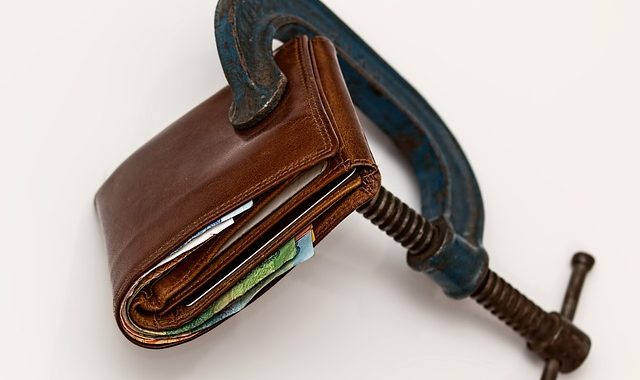Financial Duties of Homeownership
Owning a home is a significant milestone and brings with it a unique set of financial responsibilities. Homeownership is more than making a mortgage payment; it involves budgeting for maintenance, managing taxes, and planning for unexpected costs. Let’s break down the key financial duties you’ll encounter as a homeowner.
- Mortgage Payments For most homeowners, the monthly mortgage payment is the largest and most consistent expense. This payment includes both the principal, which reduces the loan balance, and interest. In some cases, it may also include property taxes and homeowner’s insurance. Setting up automatic payments or budgeting monthly can help you manage this major expense seamlessly.
- Property Taxes Property taxes are another major financial responsibility and can vary widely depending on your home’s location. Typically, property taxes are based on the assessed value of your property and are used to fund local services like schools, emergency services, and infrastructure. You may be able to include property taxes in your mortgage payment if your lender offers an escrow account, simplifying this expense.
- Homeowner’s Insurance Homeowners insurance protects against damage to your home and personal property caused by events like fire, theft, or certain natural disasters. While homeowner’s insurance is often required by lenders, it’s wise to review your policy annually to ensure adequate coverage. Be sure to consider liability coverage as well, which can help protect you if someone is injured on your property.
- Maintenance and Repairs Unlike renting, homeownership requires you to maintain and repair systems and structures as they age. Creating a maintenance budget—usually 1-3% of your home’s value per year—helps you keep up with routine upkeep, such as lawn care, appliance maintenance, and minor repairs. Regular upkeep can prevent more costly repairs in the future and maintain the value of your property.
- Utilities and Other Costs As a homeowner, you’ll be responsible for all utility bills, including water, electricity, gas, and trash collection. Additionally, depending on your home’s location, you may have expenses for homeowner association (HOA) fees, lawn care, or pest control. Budgeting for these recurring costs can help you avoid surprises in your monthly spending.
Owning a home is both a privilege and a responsibility. By understanding these financial duties and budgeting accordingly, you can protect your investment and enjoy the full benefits of homeownership.
